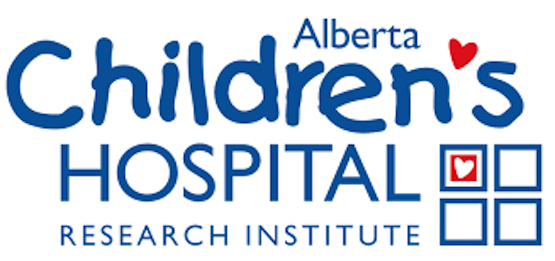Precision Medicine for Detection of Invasive Bacterial Infections Among Febrile Infants ≤60 Days Old
Study Summary
Fever among infants ≤60-days-old remains one of the most encountered problems in pediatric healthcare. Although most febrile young infants have self-limited viral illnesses, accurate and timely diagnosis of those with bacteremia and bacterial meningitis [collectively termed invasive bacterial infections (IBIs)] is vital to mitigate the risk of sepsis and death. Current diagnostic methods have inherent limitations, thus existing risk-stratification strategies maximize sensitivity at the expense of specificity.
Our goal is to identify mulit-omic precision medicine bio-profiles that differentiate infants with IBIs from those without. We will conduct a multicentered nested case-control study of infants aged ≤60-days evaluated for fever at a pediatric Emergency Department. Precision medicine could significantly and safely reduce invasive testing, antibiotic overuse, and system-wide resource utilization, while providing novel insights into mechanisms underlying invasive infections in newborns. This study is a critical step to inform a definitive, network-wide multicentered study to derive and validate high-performing diagnostic bio-profiles for IBIs.
Objectives
- To conduct a proof-of-concept pilot study to assess the feasibility of operationalizing small-volume blood collection yielding adequately high-quality samples for mulit-omic analyses
- To identify candidate IBI bio-profiles
Principal Study Investigator: Dr. Brett Burstein
Leading Institution: Montreal Children’s Hospital
PERT Site Investigator: Dr. Graham Thompson
PERT Site Research Coordinator: Beata Mickiewicz
Study Team: Dr. Jocelyn Gravel, Dr. Jesse Papenburg, Dr. Patricia Li, Dr. Francine Buchanan, Dr. Paul Kubes, Dr. Craig N Jenne, Dr. Ian Lewis, Dr. Hans J Vogel


